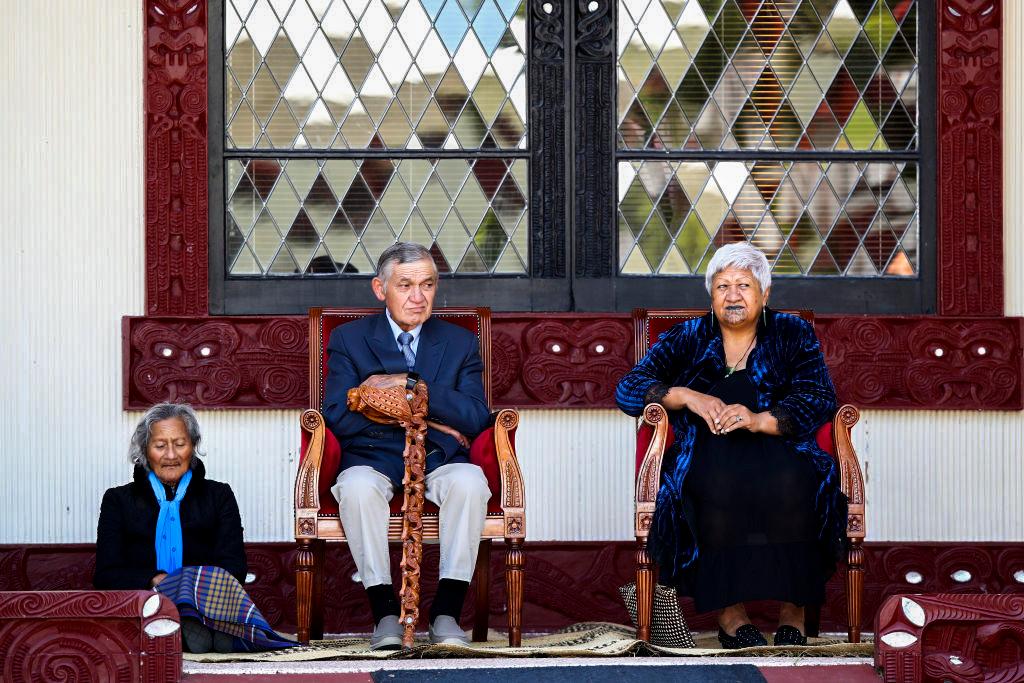Although New Zealand’s Māori population is usually seen as homogenous, they are not. Many tribes are not part of the Kīngitanga movement (Māori King movement), and don’t see King Tuheitia as their leader.
So when the king called a hui (meeting) at Tūrangawaewae to discuss the government’s proposed Treaty Principles Bill, it was initially expected that perhaps 3,000 people would attend.





